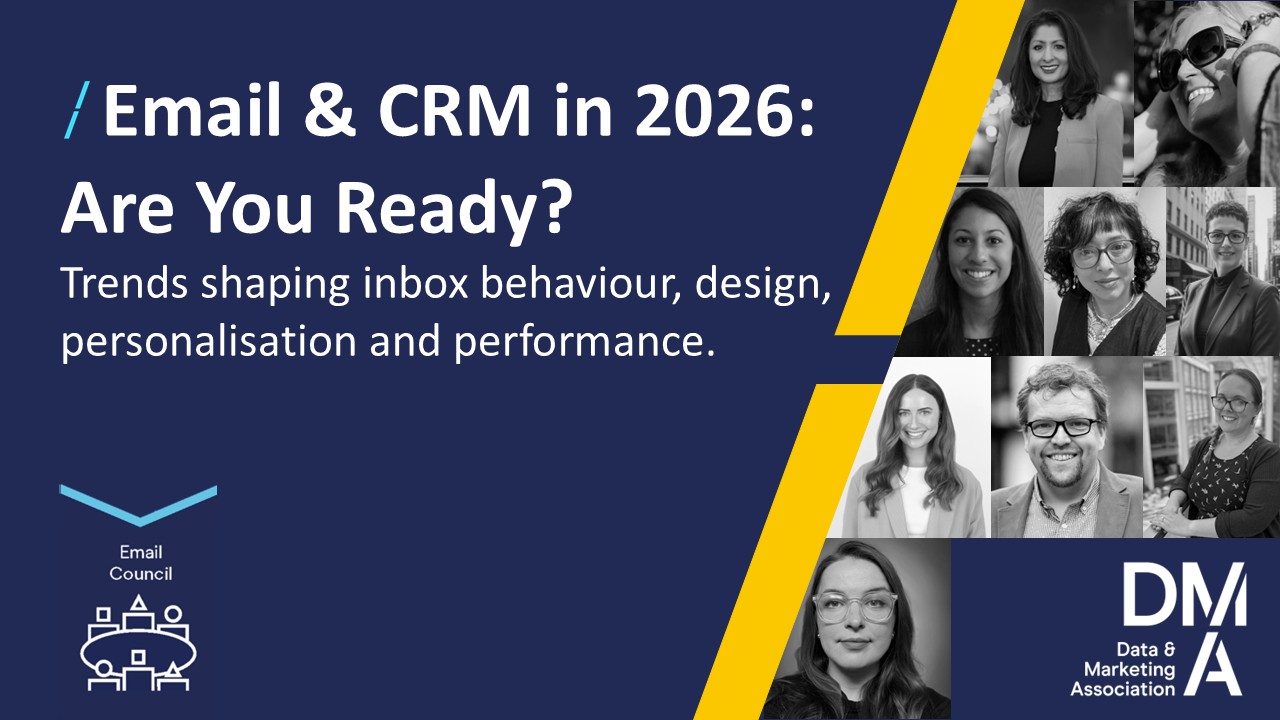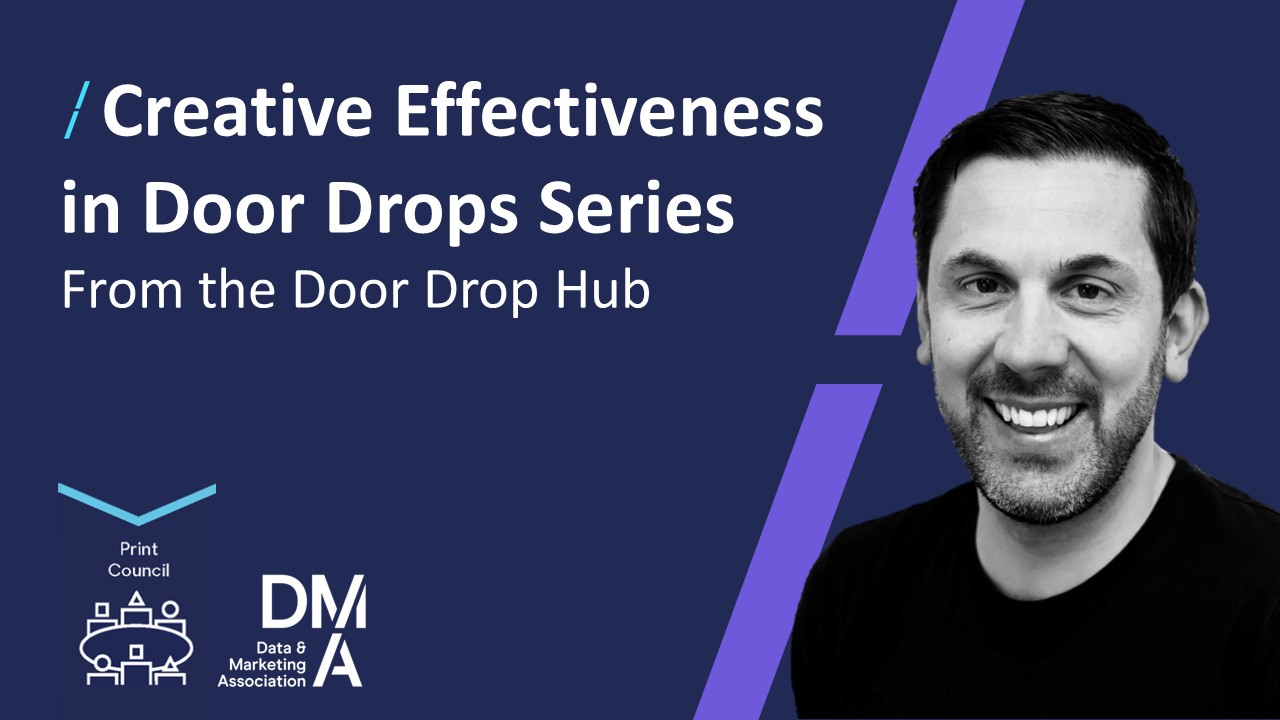Find out what your customers are thinking â in advance
13 Apr 2015
Three months in advance, the company Tajitsu can predict with 85 per cent certainty whether a customer is about to terminate their subscription in, for example, the telecoms sector. The same technique has previously been used to predict with 95 per cent certainty whether someone risks developing a gaming addiction and with 99.5 per cent certainty whether someone is cheating or involved in money laundering. This is made possible by the company tracking customers’ behaviour in real time and bringing together hundreds or thousands of data variables that are analysed using the company’s artificial intelligence (AI).
Can prevent loss of customers
“This means that companies can make better use of their marketing budget and get more ‘bang for the buck’. Above all, you can stop customers leaving the company, which means you don’t have to spend as much money attracting new customers,” says Nils Svangård, CTO and one of the founders of Tajitsu.
It’s difficult to put your finger on exactly what it is that reveals that a customer is about to cancel their subscription, as the analysis is based on hundreds or thousands of variables. The revealing factor might be, for example, which campaign the customer was recruited through or the fact that the customer suddenly stops phoning abroad because of a change of job.
One common reason for cancellation in the telecoms sector is when call quality changes rapidly, i.e. calls suddenly start being cut off more often.
“We look a lot at data from customer service, such as if people suddenly start phoning in and complaining. Or the other way round, if people stop phoning and competing in TV lotteries.”
Plots the future
Tajitsu’s system can analyse what kind of communication suits different customers, and who is likely to respond to a specific offer. This makes it possible to make the right offer to the right customer at the right time. In other words, Tajitsu offers a service that can be classed as Customer Communications Management, CCM.
“Which channel should you use – do they prefer text messages or email? At what time of day do they want to be contacted? Which offers do they want? Our system means that you get what you’re interested in when you want it. You build loyalty by means of relevant, interesting communication,” says Nils Svangård.
“We do a lot of work on connecting online behaviour with offline communication. Which mailings you receive depends on what you’ve done online, or what your friends have liked on Facebook.”
The opportunity to be able to see who you’re communicating with in order to have an effect also has direct consequences for a company’s ROI.
“We identify a list of people who will definitely respond to an offer and become new customers. This means, for example, that you can ring up ten per cent of the database and bring in just as many customers as if you’d phoned the whole list of prospects. That saves a lot of time and money.”
By means of data analyses, Tajitsu can also predict who’s going to “cheat”, as Nils Svangård puts it.
“In the world of gaming, you’re often given a bonus when you register. A lot of people cheat and disappear as a customer as soon as they’ve received the gift. Companies want to avoid that. So it’s better if you can personalise the kind of bonus that’s given out. You can give a bigger bonus to customers you know will be spending a lot of money, others don’t need to be given as much for free.”
Statistics on Big Data
Many of Tajitsu’s customers are in the casino and telecoms sectors. The volumes of data generated there are so large that you can start talking in terms of Big Data. For example, an online casino can store clicks on buttons, and a physical casino can store what customers eat in the restaurant. They can also link in external data, such as social media and demographic databases, making the volume of data even richer.
“Big Data is a large collective term, something of a hype. You don’t need so much data to achieve a good result, it’s often enough to start with whatever you have. But there aren’t many companies around working with this information in a targeted way.”
The vast volume of personal data that Tajitsu has at its disposal means that the company has a major responsibility to look after information about consumers, so that it is not misused.
What are your thoughts on personal integrity?
“The information is largely encrypted and we don’t hold any personal data, so we don’t know what sensitive data means or which customer they relate to. In particularly sensitive cases we set up the database at the customer’s premises, so we don’t even have access to it outside their office. Everyone who works with communication must have ethics and a good intention. Our work involves building customer relations, and you can’t do that by tricking people. There are clear examples of that. If you’ve been looking at an online store and then bring up an advert for the very same product, a lot of people find that slightly unsettling. But if you show other products in that category, people think that’s good."
Subscribe to Stralfors UK mailing list
Twitter|G+|Web - Continue today's Conversation using #Smartercomms





Please login to comment.
Comments